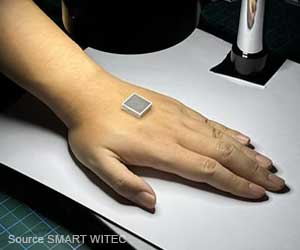A Multilingual Dementia Research and Assessment (MUDRA) Toolbox that includes questionnaires and various cognitive tests to assess different domains of cognition such as attention and executive function has been developed.

TOP INSIGHT
According to the Dementia India Report 2010 by Alzheimer's and Related Disorders Society of India (ARDSI), there are approximately 5.29 million people are living with dementia in India and this number is expected to increase to 7.61 million by 2030. Despite the high number of people with dementia in the country, only one in ten people with dementia are diagnosed due to low awareness and the lack of linguistically and culturally appropriate tests available.
Dr Balram Bhargava, Director General, ICMR, released the MUDRA Toolbox on Wednesday and said "The validated Multilingual Dementia Research and Assessment (MUDRA) Toolbox is available now in various Indian languages -- Hindi, Bengali, Telugu, Kannada and Malayalam". He said that it was crucial for undertaking uniform, standardized dementia research in the country. The tool box includes various cognitive tests to assess different domains of cognition such as attention and executive function, memory, language, and visuospatial functions. The questionnaires assess depression, functionality, quality of life, prevalence of neuropsychiatric symptoms and informant questionnaires on cognitive decline in elderly, said Dr Bhargav.
The ICMR DG said, "We hope this would be used in quality longitudinal studies and for early and accurate diagnosis of dementia. It includes a short 5 minutes cognitive screening instrument for the busy clinic, and a detailed version for more in-depth clinical testing for research."
Dr R.S. Dhaliwal, Head, Non-Communicable Diseases at ICMR, said, "MUDRA Toolbox is a unique tool consisting of various tests and questionnaires and is sensitive to the factors that affect performance on cognitive tests including education, language and culture."
Source-IANS
 MEDINDIA
MEDINDIA




 Email
Email





